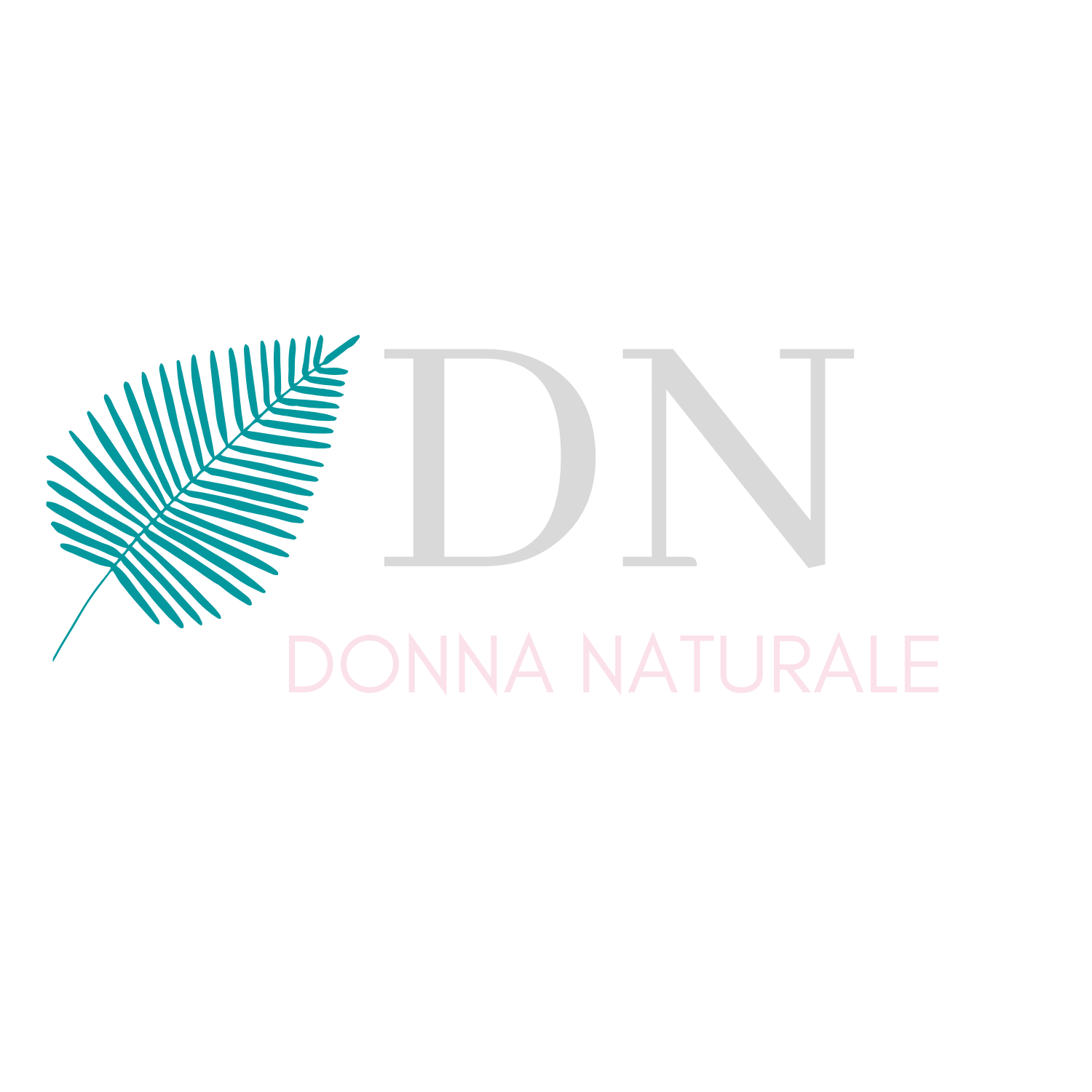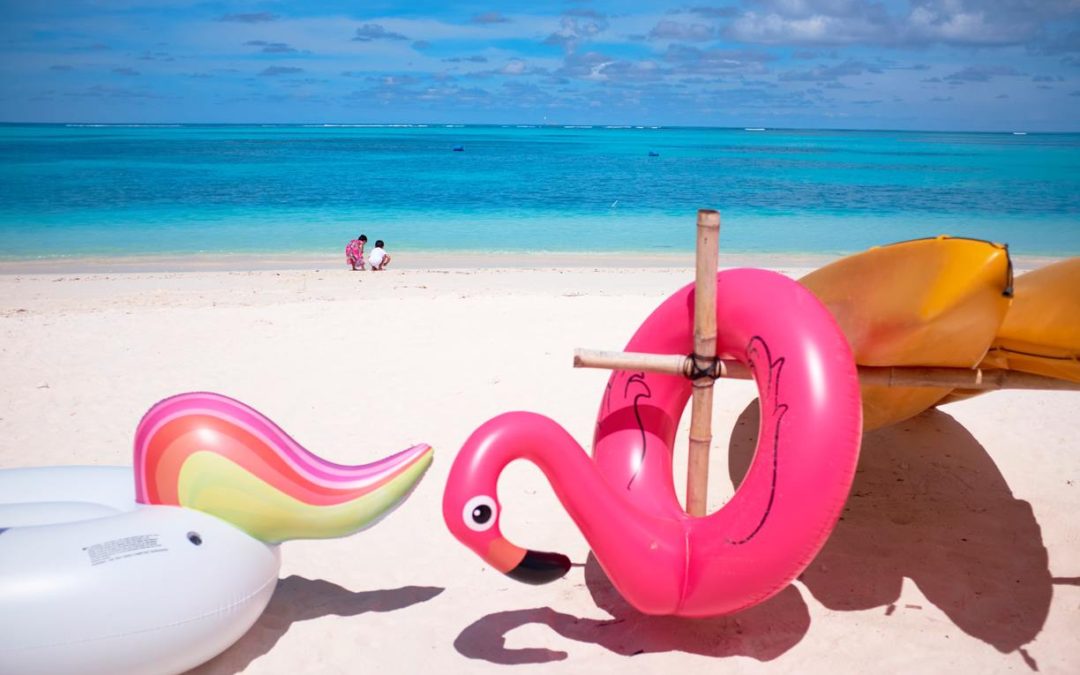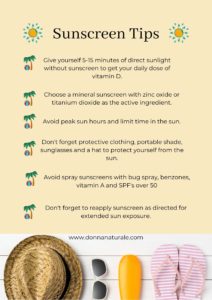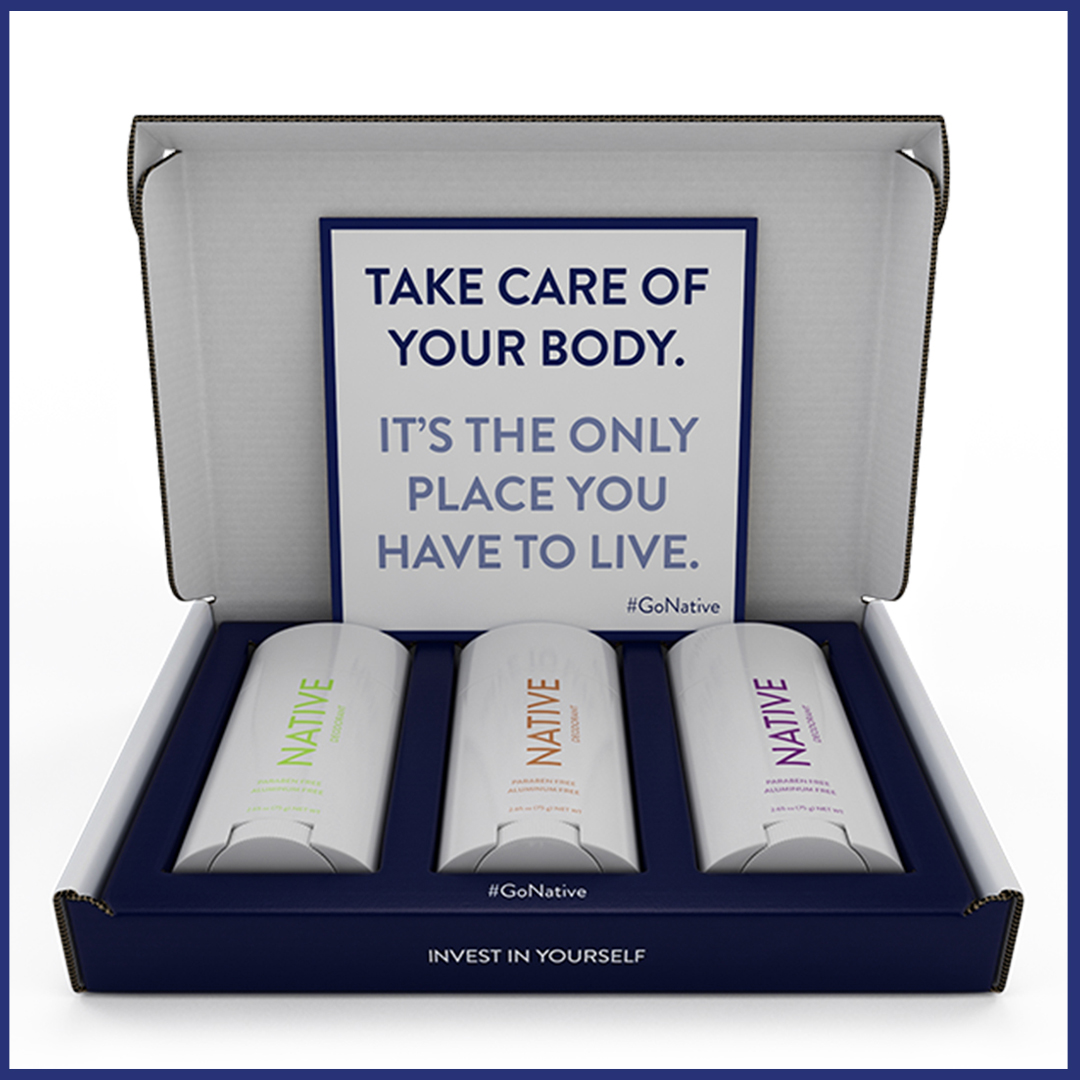Beach vacations and travel may not be an option with social distancing, but we can still get outside and get some fresh air and vitamin D. Regular sun exposure is the simplest and most natural way to get vitamin D. The recommended daily allowance of vitamin D for an adult is 800-1000 IU. Doctors recommend a diet rich in vitamin D foods along with 5-15 minutes of unprotected midday sun several times per week; more if you have darker skin or live further from the equator where the sun’s rays are not as strong. Forty percent of people are deficient in vitamin D.
Chemical vs Mineral Sunscreen
Chemical Sunscreen
Chemical UV filter sunscreens contain toxins such as oxybenzone, octinoxate, homosalate, and octocrylene to aid in absorbing the sun’s rays safely but are then absorbed through the skin into the bloodstream. These chemicals can also be inadvertently passed to babies through the breastmilk of nursing mothers. Potential side effects of these toxins in chemical sunscreens include neurological, hormonal and reproductive problems or inflammation in the brain causing cognitive impairment.
Mineral Sunscreen
Mineral sunscreen reflects the sun’s UV rays instead of absorbing them like chemical sunscreen. The active ingredient in mineral sunscreen is usually titanium dioxide or zinc oxide. Mineral sunscreens are considered safer than the toxin-filled chemical sunscreens but can leave a residue on the skin, making it feel sticky.
BEWARE of products advertised as “pure” and “natural”!
The terminology and symbols on the ingredient panel of sunscreen and other health and beauty products can be difficult to translate. Some products may be advertised as “Natural” or “Pure” but can still contain toxic ingredients. There is little to no regulation on the labeling of products this way. Learn ways to decode these labels by educating yourself on labeling terms and symbols or using an app like EWG‘s Healthy Living app.
My Top 4 Mineral Sunscreen Picks:
*Kiss My Face Kids Defense Continuous Sunscreen Spray, SPF 50
*Supergoop 100% Mineral Sunscreen Mist, SPF 30
*ATTITUDE Mineral Baby and Kids Sunscreen Lotion, Fragrance-free, SPF 30
*Love Sun Body Natural Mineral Sunscreen, Fragrance-free, SPF 50
For other safe, toxin-free sunscreens, check out EWG’s 2019 Guide to Sunscreens. And watch for the 2020 Edition coming soon!
Choose wisely!
Just because we are practicing social distancing doesn’t mean we can’t get out in the fresh air! But don’t forget to protect yourself and your little ones from the sun AND from harsh toxins and chemicals by choosing a clean, mineral-based sunscreen. I have filled you in on my favorites and I would love to hear what your favorites are too! Share your favorites in the comments!















I cannot thank you enough for such great writing and all people to their on point reviews.
Thank you for sharing your insights
Hey there, You’ve done an incredible job. I will certainly digg it and personally recommend to my friends. I’m confident they’ll be benefited from this web site.
I have been exploring for a bit for any high-quality articles or weblog posts on this sort of space. Exploring in Yahoo I finally stumbled upon this site. Reading this information So i am glad to convey that I’ve an incredibly excellent uncanny feeling I came upon just what I needed. I so much surely will make certain to dot forget this website and bookmark it for later.
I would like to thank you for the efforts you’ve put in writing this site. I’m hoping the same high-grade web site post from you in the upcoming also. Actually your creative writing skills has inspired me to get my own website now. Actually the blogging is spreading its wings rapidly. Your write up is a great example of it.
This is my first time visit at here and i am in fact pleasantly surprised
to read all at alone place.
What! I’m new to this, I stumbled upon this I’ve found It absolutely helpful and it has helped me out loads. I am hoping to contribute and help others like its aided me. Great job.
Thanks
Great post
Thanks for such interesting and knowledgeable stuff. I simply love to follow you and every writer here.
Thanks for the tips! I’m always concerned about products I’m putting on my and my sons skin. These was really helpful!
I am regular reader, how are you everybody? This piece of writing posted at this website is
really nice.
I like the helpful information you provide for your articles.
I’ll bookmark your weblog and check back regularly.
I’m fairly certain I’ll learn many new things right
here!
Its like you read my mind! You appear to know a lot
about this, like you wrote a book on it or something.
I think that you could do with some pics to drive the message home a little bit, but
in spite of that, this is wonderful blog. A fantastic read.
I will definitely be back.
Wonderful post! We are linking to this great content on our site.
Keep up the great writing.
Thank you!
Remarkable! Its truly remarkable piece of writing, I have got much clear idea on the topic of from this paragraph.
I’ve been surfing online more than 2 hours today, yet I never found any interesting article like yours. It’s pretty worth enough for me. In my view, if all web owners and bloggers made good content as you did, the web will be a lot more useful than ever before.
Thank you so much! So happy to hear you found us and that you were able to find this information helpful!
Asking questions are really good thing if you are not understanding anything fully, however this post offers pleasant understanding even.
Thank you for the information. Since the lockdown, we have been using our back garden frequently especially when the sun comes out! But it is not that hot yet to use a sunscreen. We usually use Nivea Sunscreen but at the same time, we do not overdo it with the sun.
Interesting, I’d never heard of any of these. I knew about the difference between chemical and mineral sunscreen though. Thank you for writing.
You have presented some really good information here. I live in India. The sun is definitely pretty harsh here. Your tips are going to come in very handy. Thanks
I never leave the house without a suncscreen. We should really wear it to protect ourselves from the sun. Great informative post!
This is a good reminder to put on that sunscreen when you go outside. It’s good to know what options are out there.
I know we are all cooped up in our home due to social distancing. But I try to get my boys outside as much as possible because the sun and fresh air are so good for our moods. After reading this post, I will definitely look into purchasing mineral sunscreen, especially for my boys.
Thanks for educating us about the difference between chemical and mineral sunscreen. The information is useful especially for nursing mothers.
Very important post! This is very important to me as I am very concerned about skin cancer. My sister has been treated in 3 different occasions for skin cancer. Thank you for sharing!
I read this blog with 2 moods: the first interested person to better prepare for the season that is about to come and protect me from sun damage. The second with the hope that there is sun to catch.
It’s summer in the Philippines and I am dying to go to a beach! But, staying healthy and alive is more important so I’m stuck at home for now. Will get one of your suggested products when I can finally hit the shores.
Many times I am just so busy and simply grab the cheapest or the best looking packaged sunscreen on the shelf. I am now more aware about how to choose the best one based on ingredients and not on proce.
I have been guilty of this in the past myself Taylor, grabbing whatever was on sale and convenient. But I found that once I knew which ingredients to stay away from, the choice was still fairly quick and easy. And EWG’s Healthy Living APP makes the choices even easier, just scan the barcode. I cannot stress enough how much I love this APP!
This is an important information. Thank you for sharing your tips with us.
I’m such a sunscreen guru, I love this post! EltaMD is one of my favorites 🙂
Its scary to be in the sun for too long
This was super informative ! Although we cant use sunscreen right now due to the social distancing hopefully this information will be able to be used in the summertime.
Great information about the differences between mineral and chemical sunscreens. I do need new sunscreen and this time around I’ll be more careful with my choices. Thanks!
Wow! This is really informative I love it! Thanks a lot for your article
I did not know so much about sunscreen. But hanks for the detailed info
I am in cold climate currently where I’m at and I’m not pregnant but thank you so much for that information so I will keep it in mind in the future.
This is an interesting read. Didn’t know that products advertised as natural or pure could still have toxins in them. Wow!
I like knowing the differences between the two types. I’m always looking for the best sunblock that’s safe for me and the water when I go snorkeling, and mineral is the better way to go!
This was very informative. I typically just took whatever I had lying around without thinking about whether it was chemical or mineral.
Such an informative post! Now I know the difference between the two sunscreens and I’ll be very careful the next time I buy one. Thank you!
How I miss the Sun and the sand, we’ve had a long winter here….But yes protection is an absolute must.
Thanks for the sunscreen suggestions. Trying to make sure I get some sunshine every day. Vitamin D is so important for our physical and mental health.
It sure is Shana!
Super important post! I love that you write about the importance of sunscreen. I live in California so we need to apply sunscreen every day of the year and I can assure you that people here don’t do it. But super super important. Thanks for the post!
Thanks Barbara! Stay safe and well!